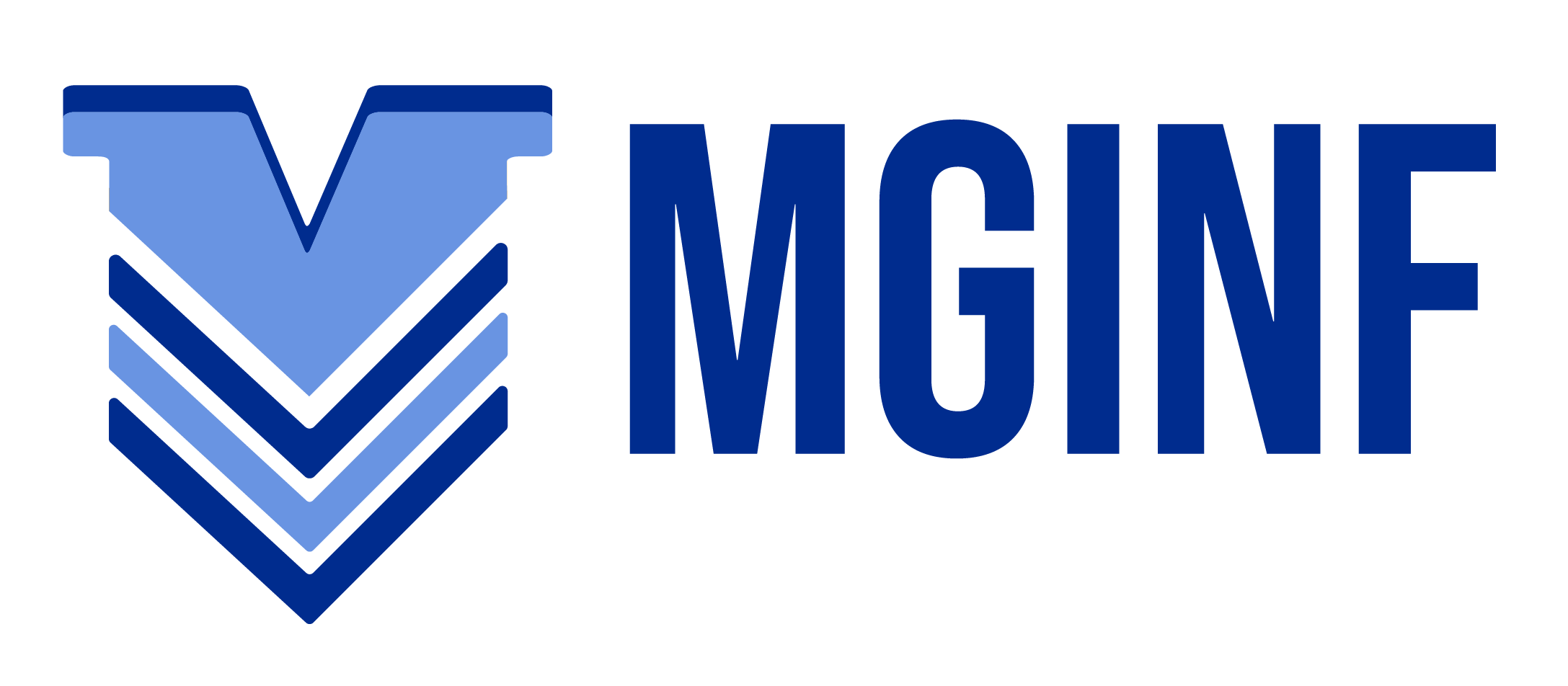Introduction
Pursuing an online business degree can be a flexible and convenient way to advance your career. Understanding the requirements for these programs is essential to ensure you meet the prerequisites and successfully navigate the application process. This guide outlines the common requirements for online business degree programs in the USA, including admissions criteria, coursework, and graduation requirements.
Admissions Requirements
Educational Background
High School Diploma or Equivalent: Most undergraduate programs require applicants to have a high school diploma or GED.
Bachelor’s Degree: For graduate programs like an MBA, applicants must hold a bachelor’s degree from an accredited institution.
Academic Performance
GPA: Many programs have a minimum GPA requirement, often around 2.5 to 3.0 on a 4.0 scale.
Transcripts: Official transcripts from previous educational institutions are usually required.
Standardized Tests
SAT/ACT: Some undergraduate programs may require SAT or ACT scores, though many online programs are becoming test-optional.
GMAT/GRE: Graduate programs, particularly MBA programs, may require GMAT or GRE scores, though some offer waivers based on work experience or previous academic performance.
Work Experience
Professional Experience: Many MBA programs prefer or require applicants to have professional work experience, often ranging from 2 to 5 years.
Application Materials
Application Form: Complete the online application form provided by the university.
Personal Statement or Essay: Write an essay detailing your career goals, reasons for pursuing the degree, and how the program aligns with your objectives.
Resume/CV: A current resume or curriculum vitae highlighting your professional experience, educational background, and relevant skills.
Letters of Recommendation: Typically, two to three letters of recommendation from employers, professors, or professional contacts.
Coursework Requirements
Core Courses
Introduction to Business: Provides an overview of business principles and practices.
Accounting: Covers the fundamentals of financial and managerial accounting.
Economics: Includes microeconomics and macroeconomics principles.
Finance: Focuses on financial management, investment strategies, and corporate finance.
Marketing: Explores marketing principles, consumer behavior, and strategic marketing.
Management: Studies organizational behavior, leadership, and strategic management.
Business Law: Reviews legal aspects of business operations and transactions.
Elective Courses
Specializations: Many programs offer elective courses that allow students to specialize in areas such as entrepreneurship, international business, digital marketing, or human resource management.
Capstone Project or Thesis
Capstone Project: A comprehensive project that integrates the knowledge and skills acquired throughout the program to solve a real-world business problem.
Thesis: Some programs may require a research-based thesis as part of the graduation requirements.
Graduation Requirements
Credit Hours
Undergraduate Programs: Typically require around 120-130 credit hours.
Graduate Programs: Usually require 30-60 credit hours, depending on the program and any transfer credits.
GPA Requirements
Minimum GPA: Students must maintain a minimum GPA, often around 2.0 to 3.0, depending on the program.
Comprehensive Exams
Final Exams: Some programs may require comprehensive final exams to assess students’ understanding of the core subjects.
Internship or Practicum
Practical Experience: Some programs may include an internship or practicum component to provide hands-on experience in a business setting.
Financial Aid and Scholarships
Types of Financial Aid Available
Federal Aid: Includes grants, loans, and work-study programs provided by the federal government.
State Aid: Financial assistance offered by state governments, which may include grants and scholarships.
Institutional Aid: Scholarships and grants provided by the educational institution.
Scholarships for Business Students
Merit-based Scholarships: Awarded based on academic achievement.
Need-based Scholarships: Provided based on financial need.
Diversity Scholarships: Designed to support students from underrepresented groups.
How to Apply for Financial Aid
FAFSA: Complete the Free Application for Federal Student Aid (FAFSA) to determine your eligibility for federal and state financial aid.
Institutional Applications: Apply for scholarships and grants offered by the institution you plan to attend.
Career Opportunities with a Business Degree
Management Roles
Graduates can pursue managerial positions in various industries, overseeing operations, projects, and teams.
Financial Analyst
Financial analysts evaluate financial data to help organizations make informed investment decisions.
Marketing Manager
Marketing managers develop strategies to promote products and services, driving brand growth and customer engagement.
Human Resources Specialist
HR specialists manage recruitment, employee relations, and organizational development.
Entrepreneurial Ventures
Business graduates are well-equipped to start and manage their own businesses, utilizing their broad knowledge base and strategic skills.
Conclusion
Understanding the requirements for online business degree programs in the USA is crucial for prospective students. By meeting the admissions criteria, successfully completing the required coursework, and fulfilling graduation requirements, students can earn a degree that enhances their career prospects and provides valuable skills for the business world. With the flexibility and accessibility of online programs, achieving a business degree is more attainable than ever for non-traditional students.
